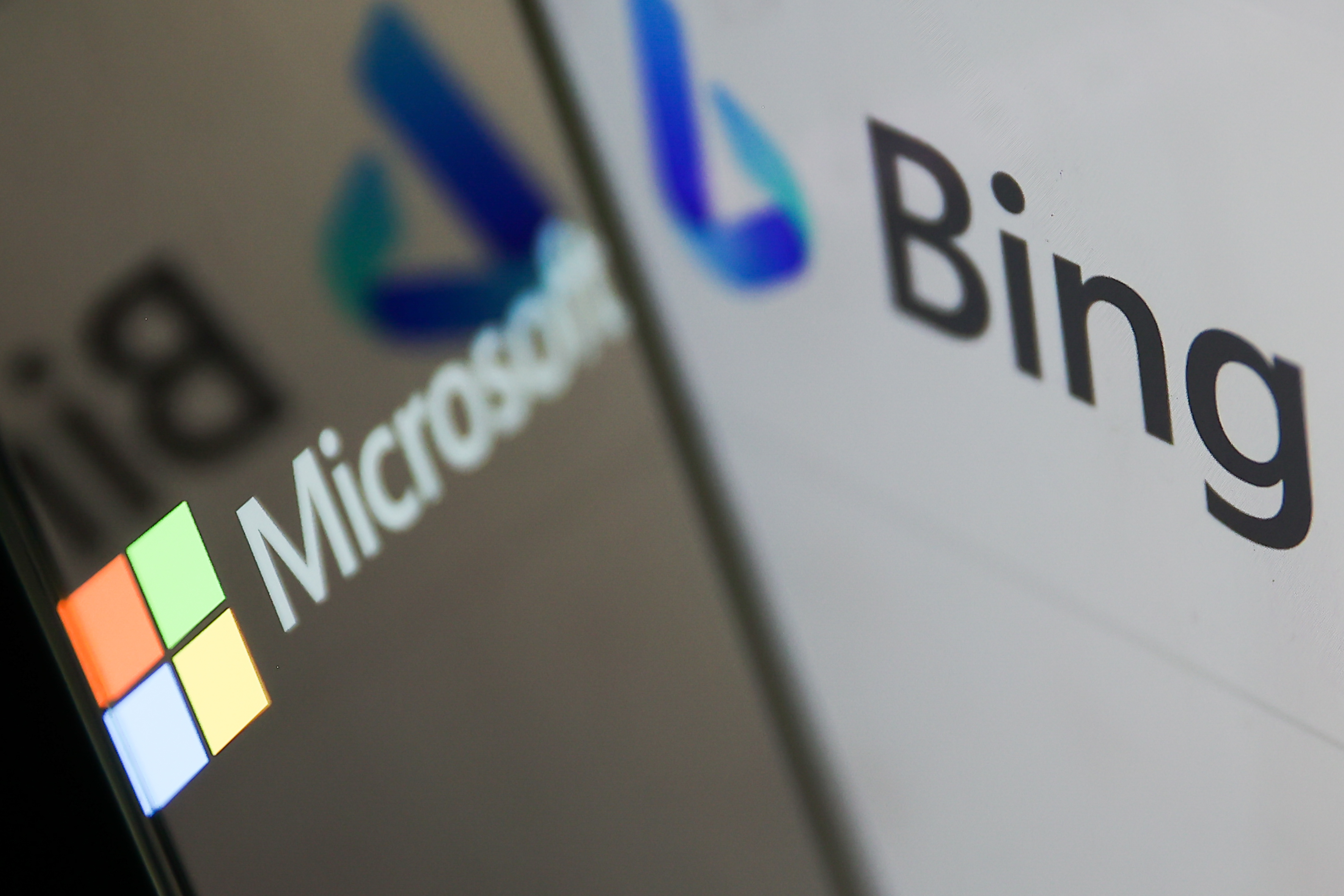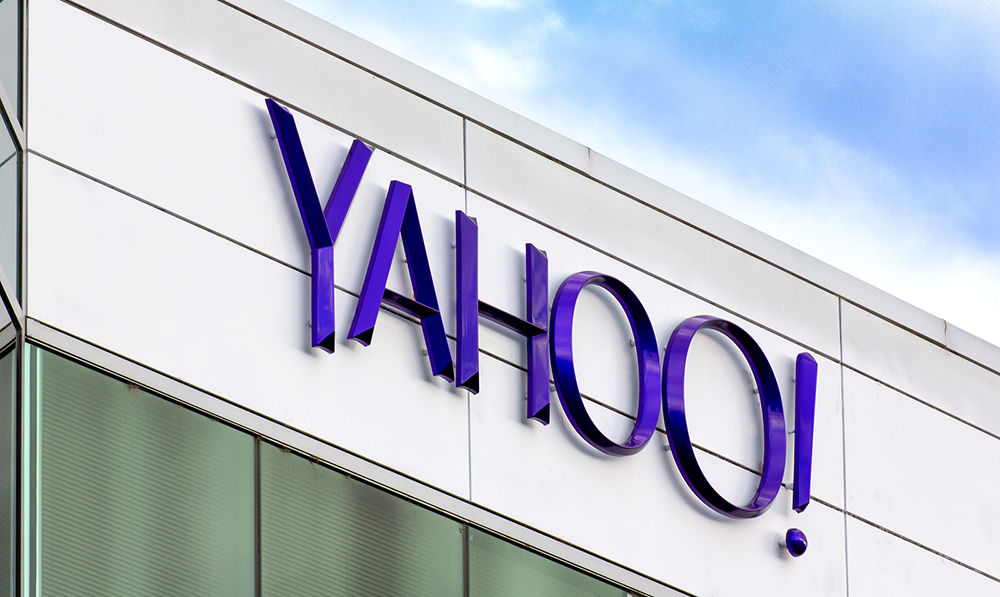Microsoft and Google squabble over copy claims
Google alleges Microsoft directly copies search results for Bing. The Redmond giant disagrees.


Microsoft has denied claims Bing results were directly copied from Google, as the two tech giants came to blows.
Google claimed it had seen various URLs from its own search results appear in Bing "with increasing frequency for all kinds of queries."
These included popular, rare, unusual and misspelled queries, Google claimed.
"Even search results that we would consider mistakes of our algorithms started showing up on Bing," Amit Singhal, Google Fellow, said in a blog post.
"We couldn't shake the feeling that something was going on, and our suspicions became much stronger in late October 2010 when we noticed a significant increase in how often Google's top search result appeared at the top of Bing's ranking for a variety of queries."
Google then carried out an experiment, creating around 100 "synthetic queries" searches users would not be expected to carry out, like random word jumbles.
Google gave 20 engineers laptops installed with Microsoft Windows running Internet Explorer 8 with the Bing Toolbar added.
Get the ITPro daily newsletter
Sign up today and you will receive a free copy of our Future Focus 2025 report - the leading guidance on AI, cybersecurity and other IT challenges as per 700+ senior executives
Furthermore, the IE8's 'Suggested Sites' feature was added and default options for the Bing Toolbar were used.
"We asked these engineers to enter the synthetic queries into the search box on the Google home page, and click on the results, i.e., the results we inserted," Singhal explained.
"We were surprised that within a couple weeks of starting this experiment, our inserted results started appearing in Bing."
He claimed that some Bing results increasingly appeared "like an incomplete, stale version of Google results - a cheap imitation."
Microsoft has fobbed off Google's claims, offering its own blog post from Harry Shum, corporate vice president of Bing.
He explained the firm receives clickstream data from some users who opt-in to sharing anonymous data which will then go into improving search results.
Shum said Google had not accurately portrayed how Microsoft uses opt-in customer data "as one of many inputs to help improve our user experience."
"We use multiple signals and approaches in ranking search results," said Stefan Weitz, Microsoft director of Bing, in a statement sent to IT PRO.
"The overarching goal is to do a better job determining the intent of the search so we can provide the most relevant answer to a given query. Opt-in programs like the toolbar help us with clickstream data, one of many input signals we and other search engines use to help rank sites."
Microsoft also had a mini-spat with Yahoo this week, after it said the latter's mail offering was to blame for Windows Phone 7 'phantom data' leakage.
Now Yahoo has responded by saying the problem had not affected any other devices on which its mail service runs and was specific to Windows Phone 7.
Tom Brewster is currently an associate editor at Forbes and an award-winning journalist who covers cyber security, surveillance, and privacy. Starting his career at ITPro as a staff writer and working up to a senior staff writer role, Tom has been covering the tech industry for more than ten years and is considered one of the leading journalists in his specialism.
He is a proud alum of the University of Sheffield where he secured an undergraduate degree in English Literature before undertaking a certification from General Assembly in web development.
-
 Bigger salaries, more burnout: Is the CISO role in crisis?
Bigger salaries, more burnout: Is the CISO role in crisis?In-depth CISOs are more stressed than ever before – but why is this and what can be done?
By Kate O'Flaherty Published
-
 Cheap cyber crime kits can be bought on the dark web for less than $25
Cheap cyber crime kits can be bought on the dark web for less than $25News Research from NordVPN shows phishing kits are now widely available on the dark web and via messaging apps like Telegram, and are often selling for less than $25.
By Emma Woollacott Published
-
 New Bing AI bug bounty program offers rewards of up to $15,000
New Bing AI bug bounty program offers rewards of up to $15,000News The Bing AI bug bounty aims to catch flaws that would let attackers alter the behavior of the chatbot
By Rory Bathgate Published
-
 Capita tells pension provider to 'assume' nearly 500,000 customers' data stolen
Capita tells pension provider to 'assume' nearly 500,000 customers' data stolenCapita told the pension provider to “work on the assumption” that data had been stolen
By Ross Kelly Published
-
 Gumtree site code made personal data of users and sellers publicly accessible
Gumtree site code made personal data of users and sellers publicly accessibleNews Anyone could scan the website's HTML code to reveal personal information belonging to users of the popular second-hand classified adverts website
By Connor Jones Published
-
 Pizza chain exposed 100,000 employees' Social Security numbers
Pizza chain exposed 100,000 employees' Social Security numbersNews Former and current staff at California Pizza Kitchen potentially burned by hackers
By Danny Bradbury Published
-
 83% of critical infrastructure companies have experienced breaches in the last three years
83% of critical infrastructure companies have experienced breaches in the last three yearsNews Survey finds security practices are weak if not non-existent in critical firms
By Rene Millman Published
-
 Identity Automation launches credential breach monitoring service
Identity Automation launches credential breach monitoring serviceNews New monitoring solution adds to the firm’s flagship RapidIdentity platform
By Praharsha Anand Published
-
 Neiman Marcus data breach hits 4.6 million customers
Neiman Marcus data breach hits 4.6 million customersNews The breach took place last year, but details have only now come to light
By Rene Millman Published
-
 The worst hacks of all time
The worst hacks of all timeIn-depth Yahoo, LinkedIn, Facebook, here is a quick guide to some of the biggest data breaches in history
By Rene Millman Published